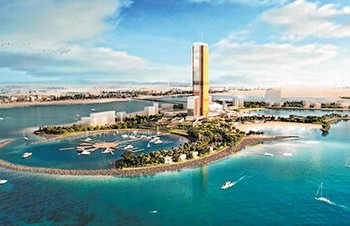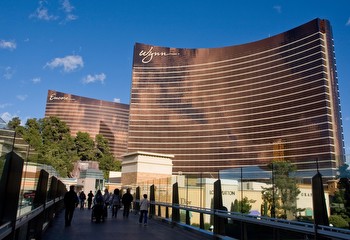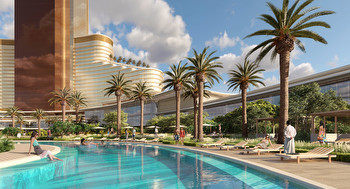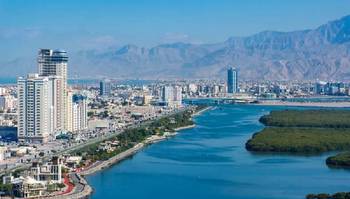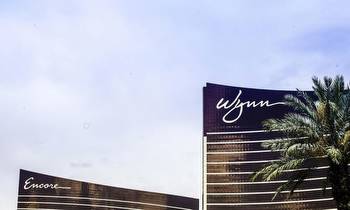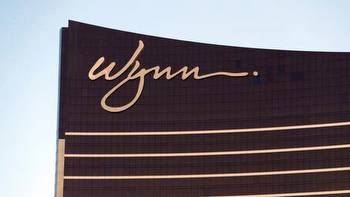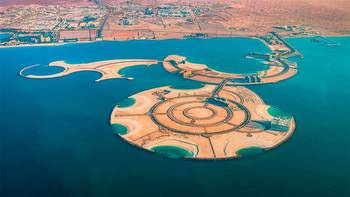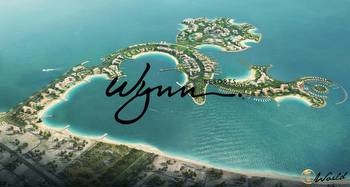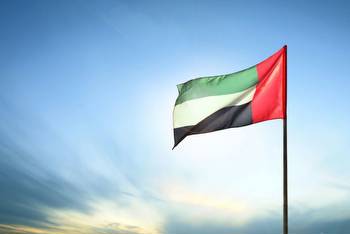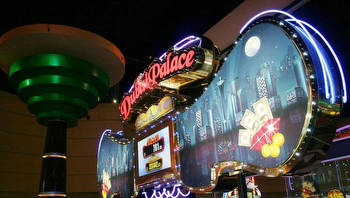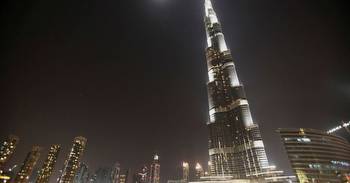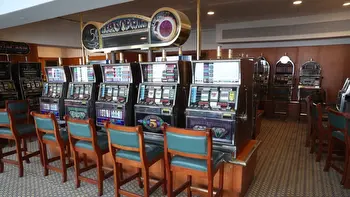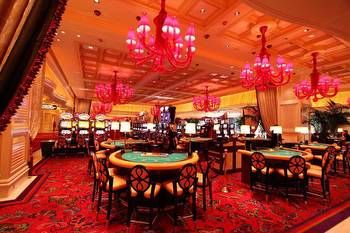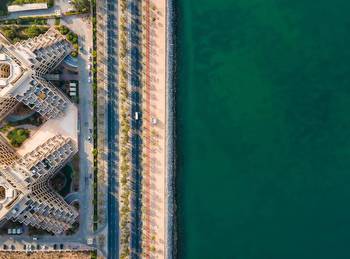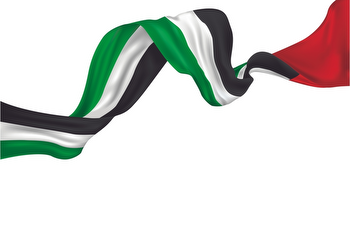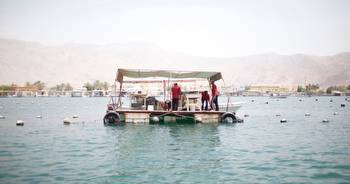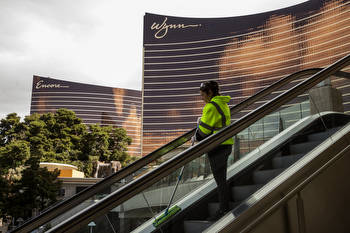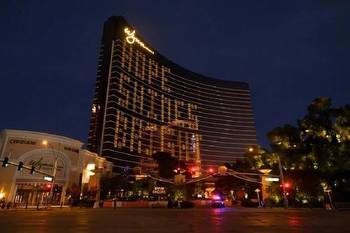Dubai to pass Las Vegas hotel room inventory
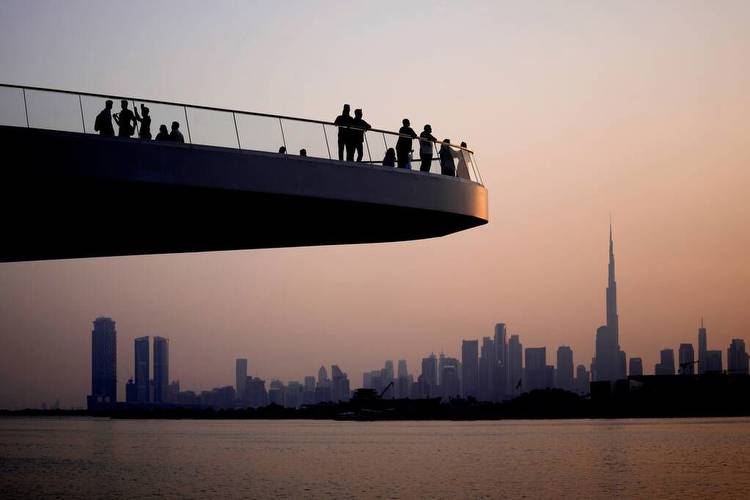
While Dubai is on track to surpass the number of hotel rooms in Las Vegas, a Southern Nevada gaming and hospitality industry analyst who knows the United Arab Emirates landscape well says it shouldn’t become a major competitor as long as Las Vegas continues to invest in its infrastructure.
“As long as Las Vegas stays on its game, nothing will be able to touch the Sports and Entertainment Capital of the World,” said Brendan Bussmann, of Las Vegas-based B Global. “However, as we continue to bring new events and customers to the market, we must continue to invest in the infrastructure to support the gaming, sports and hospitality sectors in the destination.”
Bussmann was asked to comment on a report from New York-based Skift, an 11-year-old travel industry news site that reported on recent statistics published by London property consultant Knight Frank.
Knight Frank data say Dubai will have 154,000 hotel rooms by the end of this year. The Las Vegas Convention and Visitors Authority says Southern Nevada has 151,771 hotel keys.
Dubai, Vegas distinctively different
“Dubai is scheduled to add over 9,000 hotel rooms this year alone, so in terms of total inventory, it will surpass Las Vegas. … But the markets are very distinct in their offerings that makes them completely different,” Bussmann said. “While they may be desert oases on opposite sides of the world, they do serve those immediate and secondary markets in different ways and are not direct competitors.”
While many hotels are clustered in Dubai, the landscape is much different from Las Vegas, Bussmann said.
“Dubai and the entire UAE is a fascinating destination that has a diverse and unique product,” he said. “Its structure is completely different than Las Vegas that as opposed to most of that hotel inventory located on the Strip as we are familiar with, they are are in various parts of the city in clusters such as the Palm Jumeirah, DIFC (Dubai International Financial Center), or other key tourist and business areas.”
According to the Knight Frank report, a handful of international operators lead Dubai and the UAE’s hotel development, including Accor, Marriott International, InterContinental Hotels Group, Hilton and Radisson. Regional player Rotana rounds off the top six operators building in the UAE.
Accor has 71,820 existing rooms and has 49,510 more expected to be completed by 2030. Marriott has 63,790 existing rooms with 52,790 planned; IHG 35,149 rooms with 22,120 in development; Hilton 33,450 rooms with 39,860 in development; Radisson 22,830 rooms with an additional 11,651 coming; and Rotana, 16,976 rooms with 10,807 in development.
Man-made beaches
A big advantage in Dubai’s development plans is its ability to create beachfront property by creating man-made islands and peninsulas. Dubai discontinued the creation of man-made beachfronts in the late 2000s during an economic slowdown but has restarted efforts to build more.
In May, Dubai’s ruler announced that Palm Jebel Ali island was back in development. Twice the size of Palm Jumeirah — home to two Atlantis resorts — Palm Jebel Ali is planned to have an area of 5.2 square miles and 68.4 miles of coastline and be home to more than 80 hotels and resorts.
One other wild card in the growth of Dubai is the prospect of gaming in the United Arab Emirates.
The UAE has established the General Commercial Gaming Regulatory Authority, a federal entity established to create guidelines for the country’s commercial gaming industry.
The authority, to be led by former Missouri regulator Kevin Mullally as CEO with a board of directors headed by former MGM Resorts International CEO Jim Murren, would review plans to allow gaming at the Ras Al Khaimah emirate where Wynn Resorts Ltd. is building a seaside resort.
At present, Ras Al Khaimah is the only emirate targeted for legalized commercial gambling, but the authority could be asked to consider casinos in Dubai and Abu Dhabi where MGM Resorts International and Caesars Entertainment Inc. have or are building properties.
Mirroring Macao
The potential development of casino resorts in the United Arab Emirates mirrors the expansion of the industry in Macao, which saw gaming rapidly expand in the 1990s when two islands off Macao’s peninsula were expanded and joined with reclaimed land that merged the Coloane and Taipa islands into an area now known as Cotai.
The Cotai Strip is a wide boulevard populated with integrated resorts that include hotels, casinos, convention centers, sports arenas and tourist attractions with properties operated by Wynn, MGM and Las Vegas Sands Corp.
The Review-Journal is owned by the Adelson family, including Dr. Miriam Adelson, majority shareholder of Las Vegas Sands Corp., and Las Vegas Sands President and COO Patrick Dumont.







.jpg)
